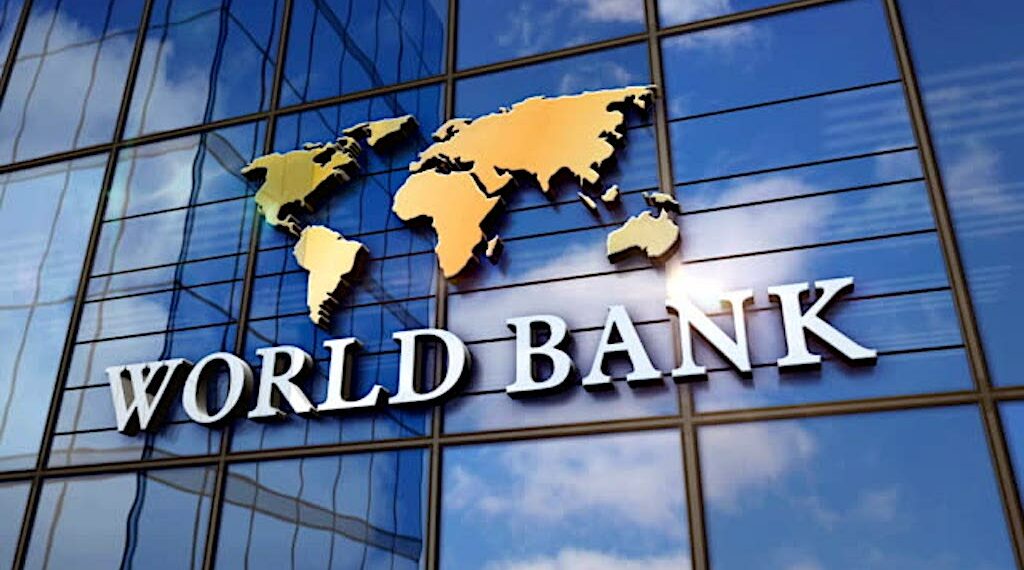ACCRA, Ghana – The World Bank, in its eighth Ghana Economic Update, has reported that the country has seen “steady progress” towards economic stabilization over the past year, despite ongoing challenges.

The report attributes this steady progress to a “modest recovery” in the Ghanaian economy, driven by a firm monetary policy stance, comprehensive debt restructuring, and a series of structural reforms aimed at supporting long-term growth. However, it also highlighted potential obstacles, such as financial sector stress, contingent liabilities in the cocoa and energy sectors, and election expenditure slippages, which could threaten sustainable stability.
The World Bank encouraged the Ghanaian government to enhance tax revenue mobilization through robust measures and to fully implement other policies associated with the ongoing $3 billion International Monetary Fund (IMF) loan-support program.
Launched by Mr. Stefano Curto, Lead Economist for Ghana, Liberia, and Sierra Leone at the World Bank, the report, themed “Strengthening domestic revenue systems for fiscal sustainability,” underlines the significant strides Ghana has made in fiscal consolidation. According to Mr. Curto, Ghana’s macroeconomic situation has improved considerably over the past year, with growth in 2023 reaching a resilient 2.9 percent, surpassing projections.

Mr. Curto emphasized that while Ghana has made commendable progress, the sustainability of these efforts hinges on minimizing the impact of tax revenue increases on the poor and most vulnerable. He recommended that the government streamline and simplify the complexities of personal income tax, Value Added Tax (VAT), and excise duty, as well as rationalize tax exemptions.
The report acknowledged that Ghana’s path to sustainable fiscal consolidation is largely attributed to its ability to enhance tax revenue. It urged the government to continue these efforts, ensuring that the progress made is robust and resilient.
Mr. Pierre Laporte, Country Manager, World Bank, Ghana, praised the country’s steady efforts and reinforced the importance of sustained reforms to maintain economic stability.



